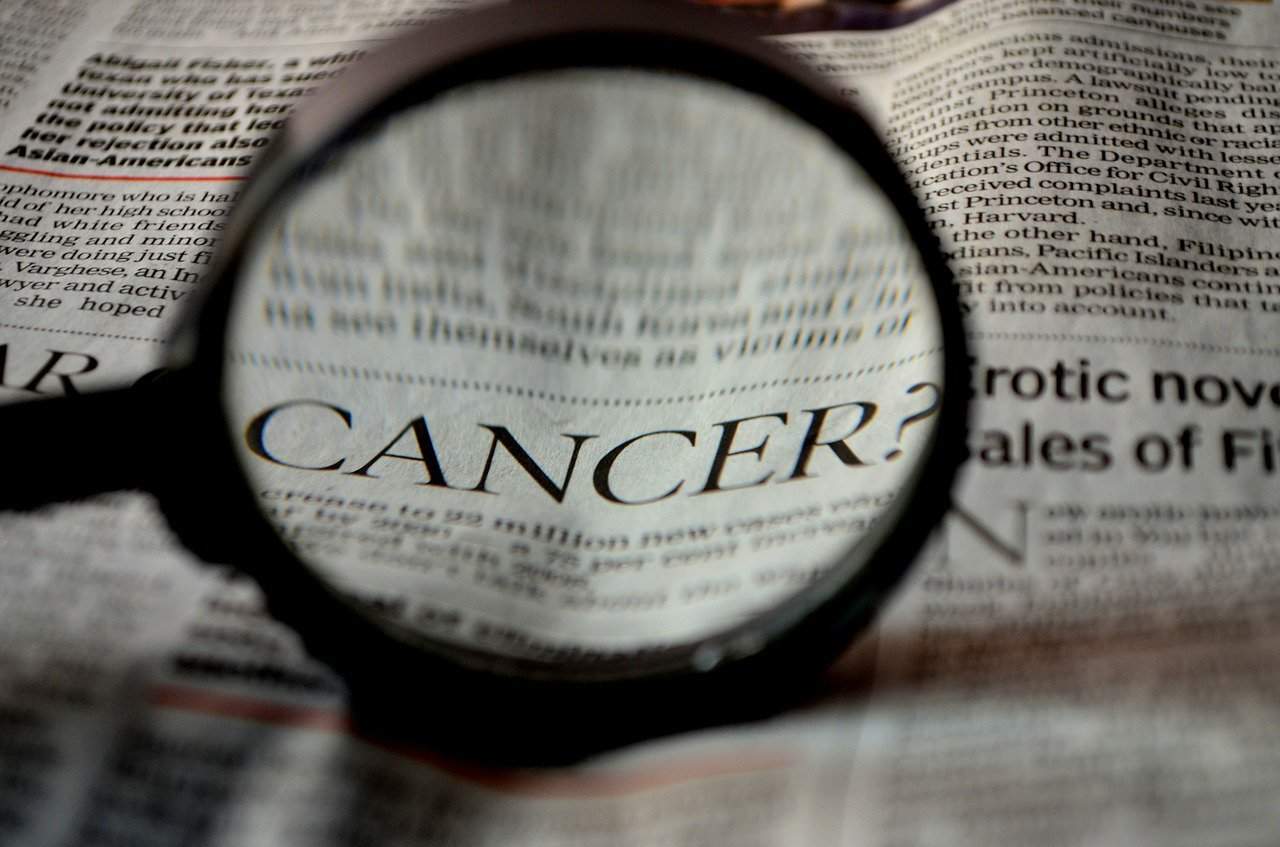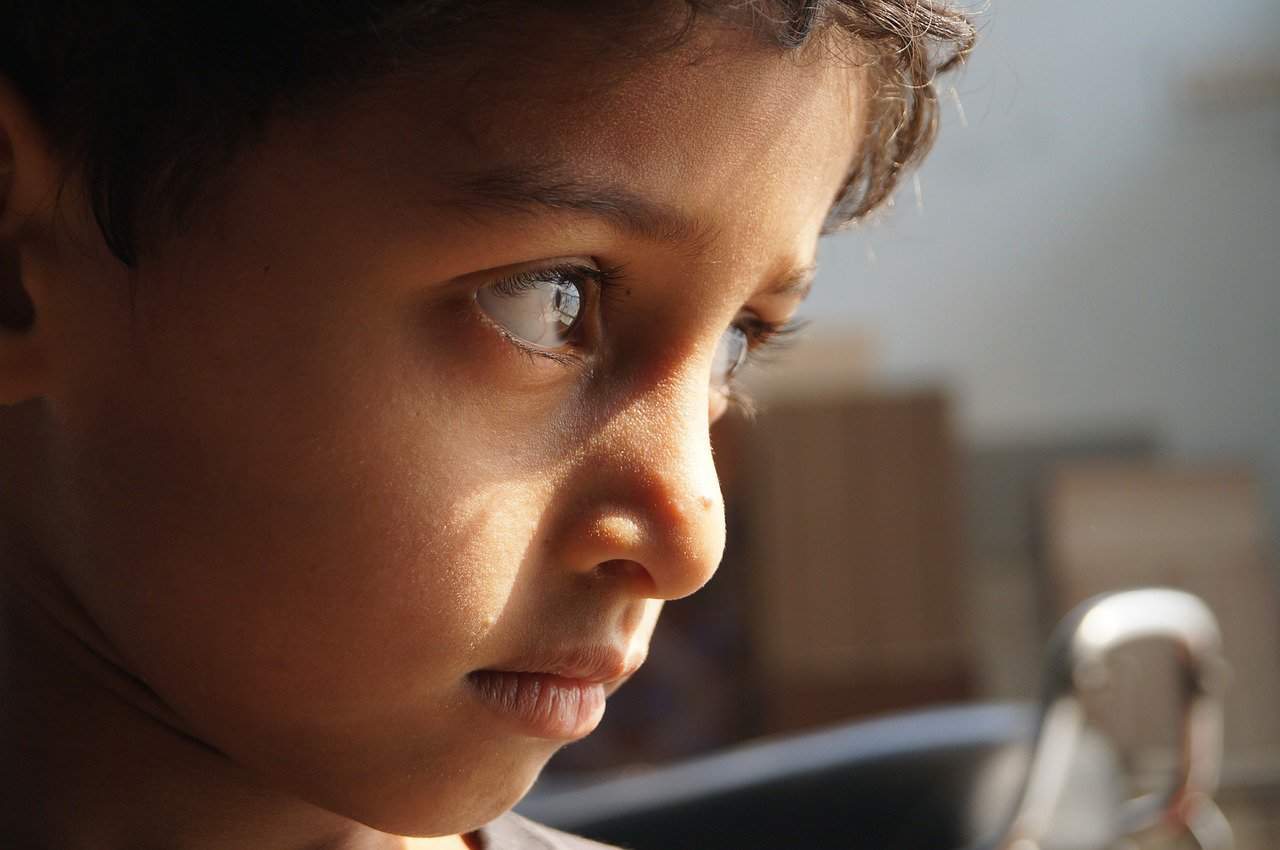Contents:
- Medical Video: Do Not Ignore These 10 Early Symptoms of Diabetes
- What are the symptoms of a sick baby that parents need to be aware of?
- 1. High fever
- 2. Breath gasps; difficulty breathing
- 3. Vomiting
- 3. Constantly crying
- 4. Seizures
Medical Video: Do Not Ignore These 10 Early Symptoms of Diabetes
Babies cannot communicate clearly what they are feeling. So it is not surprising that many parents are confused when their children get sick - "This is actually an ordinary fever that can be given medicine from a pharmacy, or should it be immediately taken to a doctor?"It is important to recognize the symptoms of a sick baby that must be watched out so that parents can immediately decide when to seek treatment. Delaying the symptoms of a serious illness can be fatal.
Here's how to distinguish the symptoms of a baby who is mildly ill and which ones are dangerous and need to be aware of.
What are the symptoms of a sick baby that parents need to be aware of?
If your sick baby shows one, or more of the following symptoms, don't panic first. Parents must remain and have a cool head in facing their sick child. It's good to always consult with your doctor about your child's condition.
1. High fever
When you see a baby's fever, your parents' instincts will want to immediately take him to the doctor. Even though, it is not always necessary. True fever is a form of natural self-defense that indicates the body is fighting infection. That is, the immune function runs normally.
But beware if the baby's body temperature reaches 38 ° C, especially for babies under three months. Whereas, for infants aged 3-6 months, they need to be taken to hospital if the temperature is more than 39 degrees. Also be careful when the baby's fever goes up and down too often. This may be a sign that he has a bacterial or viral infection that is quite dangerous, such as pneumonia, urinary tract infections, ear infections, or meningitis.
When you use a thermometer, make sure the thermometer is mounted on the baby's bottom. If you put it in the armpit, make sure to add a temperature of half a degree Celsius to make it more accurate. Babies need to be taken to a doctor if the temperature continues high for more than five days or other serious signs appear. You also need to immediately bring to the doctor when his body is hot but his legs and hands are cold.
For babies over the age of 6 months, immediately take it to the doctor if the fever does not go down after you give paracetamol or ibuprofen. For the record, these two drugs should not be given except the temperature is above 38.3 degrees Celsius.
2. Breath gasps; difficulty breathing
If the baby is sick and suffers from shortness of breath, there may be an infection in his lungs or a closed airway. A baby who is short of breath can be marked with a chest, abdomen or neck that looks concave inward, because he is trying to breathe deeply. Listen, does the breath sound wheezing? Look, is there a blue color around the mouth or lips. If there is, immediately take it to the hospital.
3. Vomiting
Vomiting in infants is a fairly common condition. Newborns will often vomit in the first few weeks because they are still getting used to the food that enters. Crying and excessive coughing can also trigger a gag reflex. Your child may also vomit because of satiety. Vomiting is still the face if it is not followed by fever and there is no green blood or bile in the vomit. If after vomiting the child is not fussy, can still play, and still want to eat, you do not need to worry.
But if the vomit is green then you must be vigilant. This may indicate a blockage in the intestine. Also, pay attention to whether the child is suddenly weak and unresponsive after vomiting; pale and cold skin or not; whether the child is still willing to eat or just reject it; is the stomach swollen; whether he vomited more than three times in 24 hours or lasted for more than three days and accompanied by fever.
Immediately go to the doctor if the symptoms of the baby sick above appear. Also if the baby is vomiting while showing symptoms of dehydration, such as dry mouth, crying but not crying, and urinating not as often as usual.
3. Constantly crying
Continuous crying can be a sign of colic or being tantrum. But if the crying continues and no longer even tears, you must be vigilant. Tears without tears followed by a dry mouth and not pee, your child may be experiencing severe dehydration.
4. Seizures
Seizures in infants are generally different from what is often experienced by adults. Seizures in infants are usually initiated or accompanied by a fever, so-called febrile seizures (step). Febrile seizures often occur in around 2-4% of children aged 6 months to 5 years.Symptoms that arise when febrile seizures include muscle stiffness, body spasm, blinking empty eyes, or not responding when the name is called.
The cause of febrile seizures is a high fever due to inflammation or infection. There are children who have seizures when the body temperature is 38 degrees C, but there are children who are just seizure when the temperature is above 40 degrees C. It is suspected that genetic factors also play a role in the incidence of febrile seizures, especially if there is a family history of epilepsy.
To deal with child seizures, do not put anything into the mouth. Don't also force open his mouth. Don't drink coffee. Do not hold the child's leg or hand by force during a seizure, because it can cause fractures.
Take the doctor as soon as possible to find out what caused it. Measure the child's temperature during a seizure, observe how long the seizure is and what happens during a seizure, because this information is very useful for your pediatrician.












